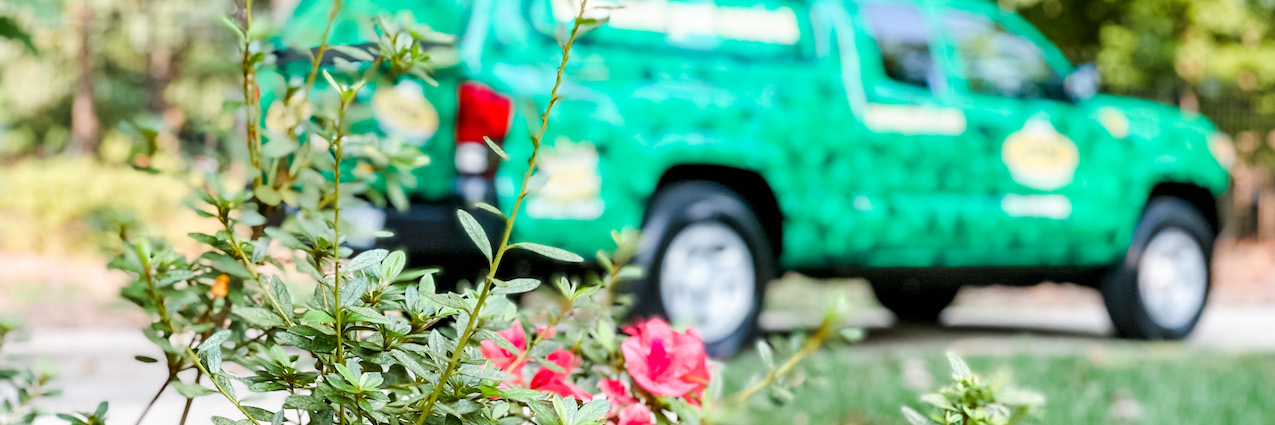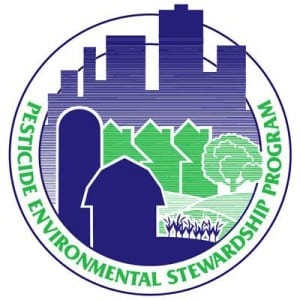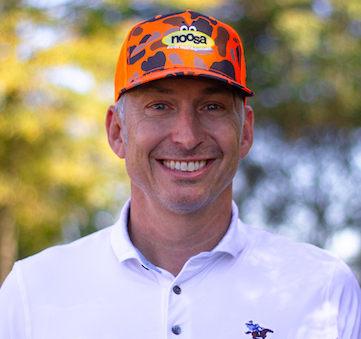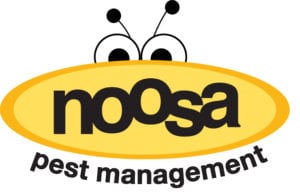Our Partnership with the EPA’s Pesticide Environmental Stewardship Program

Noosa Pest Management is proud to be a member of the EPA’s Pesticide Environmental Stewardship Program. The Environmental Protection Agency created the PESP as a partnership program to help reduce the risks from the use of pesticides. Noosa has been a member of the PESP since 2008 and we take our role seriously. As an environmentally conscious pest control company, part of our mission is to be stewards of our natural environment so our involvement in what the EPA is trying to achieve was natural for us.
Noosa Pest Management holds a deep-seated commitment to environmental conservation, acknowledging the significant impact pest control services can have on surrounding ecosystems.
Recognizing our responsibility, we apply pesticides and chemicals in a manner mindful of their potential effects on our clients’ homes, the local terrain, and wildlife. Our early and ongoing participation in the Environmental Protection Agency’s (EPA) Pesticide Environmental Stewardship Program (PESP) reflects our steadfast dedication to environmental stewardship. This association, established from the early stages of our operation, underlines Noosa’s enduring commitment to minimizing the environmental implications of our work.
 What Is the PESP?
What Is the PESP?
The Pesticide Environmental Stewardship Program (PESP), established in 1994, is a partnership program initiated by the EPA, collaborating with the nationwide pest control services industry to encourage the application of Integrated Pest Management (IPM) practices.
PESP, as the EPA’s primary partnership program, is committed to minimizing the risk associated with pesticides in both agricultural and non-agricultural environments. The PESP’s core belief is that while governmental regulations are essential in mitigating pesticide risk, the conscious and informed actions of pesticide users can further lessen this risk.
Adhering to PESP’s guidelines, a pest control company like Noosa Pest Management can actively contribute to reducing pesticide-related risks. Aligned with our own objectives, we became a member of PESP in 2008. Our partnership with the EPA and PESP has revealed that only a handful of pest control services nationwide prioritize this voluntary program and the environment. We perceive this as a necessary change and believe it’s our responsibility to protect the environment in all our endeavors. The PESP has guided us in transitioning from traditional pest control techniques (utilizing large volume power spray rigs) to using backpack sprayers for more targeted applications to manage pests around our clients’ residences and businesses.
What is Integrated Pest Management?
Integrated Pest Management (IPM) is a holistic, evidence-based approach that focuses on long-term prevention of pests or their damage through a combination of techniques such as habitat manipulation, biological control, and the use of resistant varieties. Pesticides are used only after careful monitoring indicates they are needed, following guidelines that minimize risks to human health and the environment. IPM principles and benefits extend to both agricultural and non-agricultural settings, including the home, garden, and workplace. The key components of IPM include understanding the pest’s biology and behavior, monitoring the pest populations, employing a combination of pest management approaches, and assessing the effectiveness of pest management tactics.
Noosa Pest Management’s Deployment of IPM Guidelines
At Noosa Pest Management, we meticulously adhere to the guidelines of Integrated Pest Management (IPM) in our daily operations. Our pest control techniques take into account the biological and behavioral aspects of pests, which allows us to devise targeted intervention strategies that are effective in eliminating them. We consistently monitor pest populations in the areas we service. This data-driven approach enables us to strategically deploy pest management resources where they’re most needed, while reducing unnecessary pesticide usage.
Moreover, Noosa is committed to employing a combination of pest management approaches. By integrating habitat manipulation, biological control, and the use of resistant varieties into our pest control strategy, we are able to offer comprehensive solutions to our customers that are both effective and environmentally friendly.
After implementing pest management tactics, we conduct rigorous assessments to evaluate their effectiveness. This continuous cycle of assessment and improvement ensures our services remain at the forefront of ecological pest management. By steadfastly following these IPM guidelines, Noosa Pest Management is not only ensuring the comfort and safety of our customers but also contributing significantly to environmental preservation.
PESP Initiatives
The Pesticide Environmental Stewardship Program (PESP) spearheads several initiatives that embody its mission of reducing pesticide risks. These initiatives include the IPM in Schools Program, Landscaping Initiative, and Tick IPM.
IPM in Schools Program
One of PESP’s significant efforts is the “IPM in Schools Program.” This initiative advocates for the implementation of Integrated Pest Management (IPM) strategies in educational institutions. The goal is to manage pests in schools effectively while minimizing exposure of students, faculty, and staff to pesticides, thus safeguarding their health and the environment.
Landscaping Initiative
Another initiative championed by the PESP is the “Landscaping Initiative.” This program encourages landscapers and gardeners to adopt IPM strategies in their work. By opting for environmentally friendly pest management techniques, these professionals can significantly reduce the use and impact of harmful pesticides on our landscapes.
Tick IPM
The “Tick IPM” initiative is a PESP program that targets the growing concern of tick-borne diseases. By employing IPM strategies, this initiative aims to control tick populations and mitigate related health risks effectively, while minimizing harm to the environment.
Taken together, these PESP initiatives demonstrate the program’s commitment to reducing pesticide risk across various sectors and settings. They also underscore the versatility and application of IPM strategies in different contexts, from our schools and landscapes to our battle against tick-borne diseases.
What the EPA Says About Noosa Pest Management
Thomas H Brennan, the Chief of the EPA’s Environmental Stewardship branch, said the following about Noosa:
“…I applaud the steps your company has already taken toward reducing the risks form the use of pesticides. To advance our common goals further will require a close collaborative effort. Your willingness to join PESP indicates your dedication to these goals. The Office of Pesticide Programs staff looks forward to working closely with you…I am convinced that in the years to come we will point with pride to a legacy of reduced pesticide risks brought about through the cooperation among Noosa Pest Management and the Environmental Protection Agency.”
PESP, also known as the Pesticide Environmental Stewardship Program (PESP), is also a source of valuable information and insights on safe pesticide application, publishing a quarterly update, the PESP Wire. This publication often features interesting articles and news relevant to our industry.
A notable example is a recent feature on termite prevention – a persisting issue for homeowners in the Carolinas. We highly recommend reading this article as it offers helpful advice on treating and managing termite issues. Noosa Pest Management deeply values our association with PESP, and we believe it is beneficial not just for us but also for our clients. We take pride in being a part of this program.

Fred Wingate
Chief Bugman
Fred Wingate is the dedicated Owner and Chief Bugman at Noosa Pest Management, a thriving pest control company in Charlotte, NC. He established the company in 2006 with a vision to provide exceptional pest management services to the local community. By staying up-to-date with the latest advancements in pest management and fostering a culture of continuous improvement, he ensures that Noosa Pest remains at the forefront of the industry.
Not only is Fred deeply invested in the well-being and satisfaction of his clientele, he is also passionate about supporting the local community, including schools, churches, and other organizations. The future of our community is important to Noosa Pest, and proudly contributes to its growth and prosperity.
Posted in Pest Control
